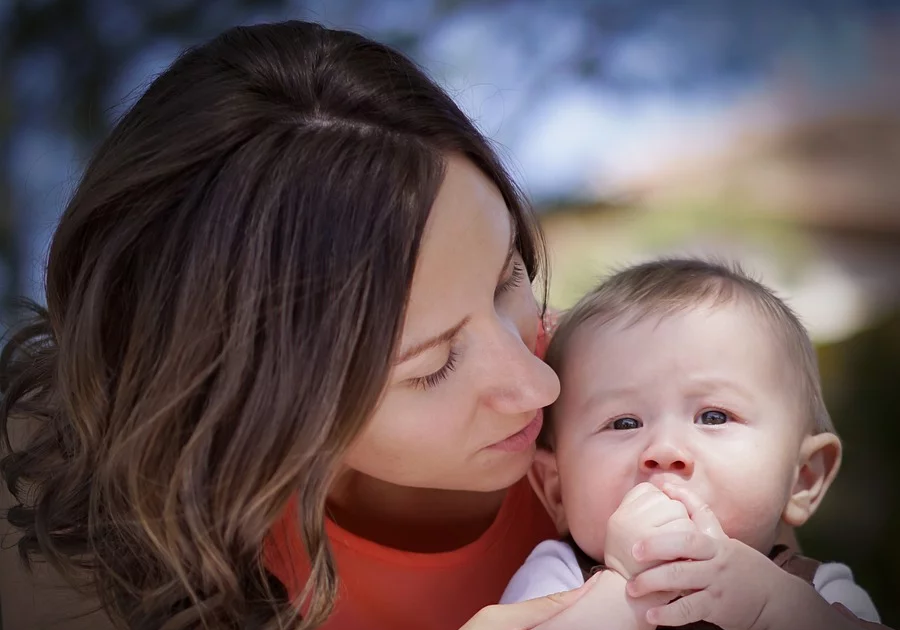Americans do not have to guess what the United States would look like if Roe v. Wade is overturned.
They just need to look to Texas where almost all unborn babies have been protected from abortions for months, NBC 5 Dallas-Fort Worth pointed out in a new report.
The Texas heartbeat law has been in effect since Sept. 1, saving thousands of unborn babies by banning abortions once their heartbeat is detectable, and, with the U.S. Supreme Court reconsidering Roe in a Mississippi abortion case this week, many hope other states could be allowed to ban abortions soon, too.
“What we’ve experienced the past three months in Texas is a preview of a post-Roe world,” John Seago, legislative director of Texas Right to Life, told NBC 5.
If the Supreme Court overturns Roe, Seago said the whole U.S. could look a lot like Texas where many women are being supported and empowered to choose life for their unborn babies, and some are traveling to other states where abortions remain legal.
“You will have conservative states that take very bold pro-life laws to protect pregnant women and innocent children from abortion,” he told the news outlet. “And then you have states that become destination states where people are traveling.”
Follow LifeNews on the Parler social media network for the latest pro-life news!
If Roe v. Wade goes, abortions would not automatically become illegal across the United States. Instead, the power to protect unborn babies or keep abortion legal would return to the states. Estimates vary about how many states would do what, but a new NPR report predicts that 21 states would ban abortions immediately.
Abortion activists are painting a dire picture of a post-Roe America, claiming it would be catastrophic for women. They argue that women need to abort their unborn babies to be healthy and free.
But Texas is disproving these claims. Women struggling with unplanned pregnancies and difficult circumstances are finding hope and compassion from pro-life advocates across Texas.
Amy Hagstrom Miller, president of the Whole Woman’s Health abortion chain, admitted to NBC 5 that most women who are past the legal abortion limit are “stunned” but they are not asking for abortion referrals.
“We’re still seeing them kind of frozen and shocked in a way, and not necessarily kicking right into an action plan about what’s next,” Hagstrom Miller said. “That sort of surprised some of us. You know, we thought maybe we would be put in the position of making [an abortion] referral and trying to facilitate what’s next for them. But I think folks are just stunned.”
That’s where pro-life advocates are stepping in, offering real help to mothers and their babies, providing financial aid, material resources and many other forms of support.
“We’re concerned about not just saying no to abortion but supporting women who are facing unexpected pregnancies or other difficult circumstances,” Seago told The Atlantic in September. “That needs to be the pro-life vision for the state of Texas. Part of our core agenda every session is increasing funding to these programs that support women and their families”
Along with passing the heartbeat law this year, Texas state lawmakers also increased support for pregnant and parenting mothers and babies, ensuring that they have resources to choose life. This included $100 million for the state Alternatives to Abortion program as well as additional funding for the Healthy Texas Women program.
As to abortion activists’ false claims about “forced pregnancy” and pro-lifers manipulating women into choosing life, a well-known pro-abortion study called the Turnaway Study found that 96 percent of mothers who were denied abortions later no longer wished that they had had one. In other words, almost all abortion-minded women who remained pregnant later were glad that they had their babies.
While abortion activists say some Texas women are traveling to other states for abortions, they admit that others are having their babies instead. Studies and other evidence confirm that most women do not get abortions when they are banned; instead, they have their babies. In an amicus brief to the Supreme Court, a group of 154 economists and researchers estimated that U.S. abortion numbers would drop by about 120,000 in the first year and potentially even more in subsequent years if Roe goes. This contradicts the back-alley abortion claim that women will resort to dangerous methods if they cannot get legal abortions.
In Texas, Hagstrom Miller told the local news that their patient numbers dropped between 70 and 80 percent compared to a year ago, and a Texas Planned Parenthood abortionist said their patient numbers are down 30 to 50 percent since the law went into effect.
The heartbeat law already has saved thousands of lives. New research from the University of Texas at Austin found that abortions facilities reported 2,164 abortions in September 2021, the first month the law was in effect, down from 4,313 in September 2020, according to the research. That equates to 2,149 babies’ lives in just the first month.
Much remains uncertain, however.
The Supreme Court recently heard challenges to a technicality within the Texas heartbeat law, and it could issue a ruling at any time. There is no certainty about whether the justices will block the law or allow it to remain in effect. Though pro-life leaders expressed hope about the Mississippi case, it is not clear how the Supreme Court will rule on that matter either, and a decision is not likely until the spring or summer of 2022.
Meanwhile, Texas is proving that abortions are unnecessary, cruel and wrong, and ending Roe v. Wade will save countless families from the pain and heartbreak of abortion.








